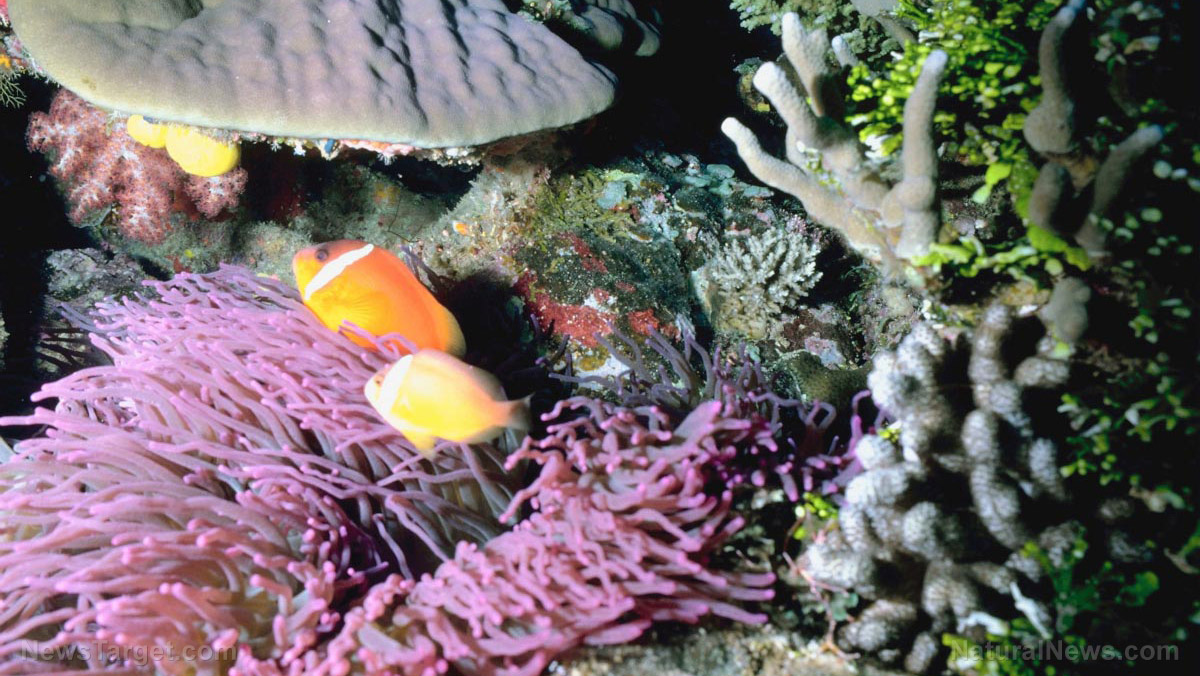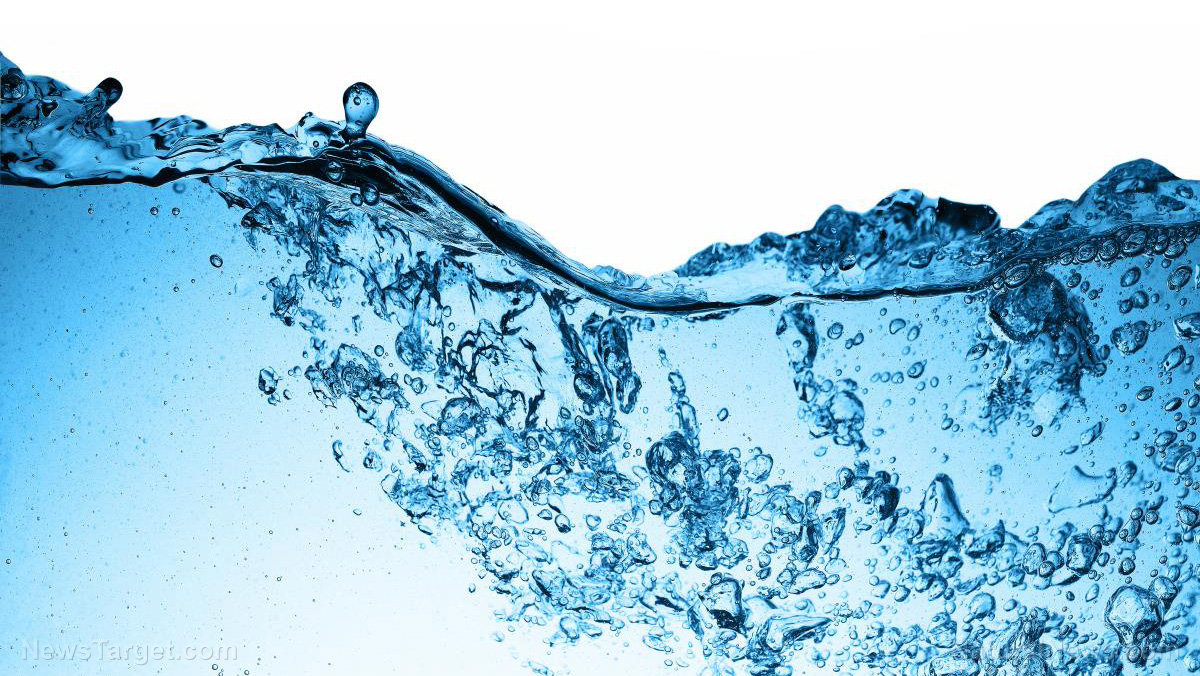Hawaii seeks to ban toxic chemical sunscreens to save the coral reefs from chemical decimation
05/21/2017 / By Isabelle Z.

Many snorkelers who are drawn to Hawaii’s coral reefs have noticed that they are not brimming with life the way they once did, and it looks like they only have themselves to blame. A lot of explanations have been put forth for coral die-offs, but one of the biggest culprits is the sunscreen that is worn by people who swim in the waters. In fact, a staggering 14,000 tons of sunscreen are washed off into our planet’s oceans each year.
The problem has gotten so bad that Senator Will Espero has proposed a state bill that will outlaw the sale of sunscreen that contains octinoxate and oxybenzone. These two ingredients are responsible for many of the problems coral reefs are currently facing, and they enter the water when people who wear sunscreen go swimming, surfing, snorkeling or even take beach showers.
The chemicals cause deformities in coral larvae, preventing them from swimming, settling and forming new colonies. Lab tests have shown that oxybenzone is toxic to seven different species of coral, and studies have shown that both chemicals are responsible for stunting the growth of baby coral. Other studies have found that oxybenzone causes coral bleaching and is an endocrine disruptor to marine species like clams and shrimp. A concentration of oxybenzone at 400 parts per trillion over the course of several days is enough to cause coral bleaching in warm water; concentrations of up to 4,000 parts per trillion have been detected in the waters off of Maui beaches.
The Hawaiian Department of Land and Natural Resources has been asking the public to use sunscreen that is friendly to coral reefs, pointing out that the same chemicals that harm sea life also put human health at risk. Oxybenzone and octinoxate can cause disruptive effects to the human reproductive system because of their hormone-like activity.
Predictably, the sunscreen industry is opposed to the bill. Trade association like The Consumer Healthcare Products Association has said it will oppose the ban until more evidence emerges that these ingredients are threatening coral reefs. This is just the latest bad news for sunscreen manufacturers, as the health benefits of Vitamin D from sun exposure have been making headlines recently.
Our country’s coral reefs have been estimated to be worth tens of billions on account of their value to tourism, fisheries, and as buffers against storms. Three out of four fish species in the Hawaiian coral reefs are already facing the very real possibility of extinction due to overfishing, and the health of the coral impacts them even further. Researchers say that protecting healthy reefs is far easier and safer than trying to help them rebuild later.
A similar problem has been seen in the Caribbean, where 80 percent of corals have died in the last four decades. The coral at popular beaches in the area is dead and sterile, while less popular beaches are teeming with coral recruitment and spiny sea urchins.
Don’t contribute to the problem
Given the remarkable financial and political power that sunscreen manufacturers yield, it’s possible this bill won’t pass. However, that shouldn’t stop you from doing everything you can to avoid contributing to the destruction of coral reefs and telling everyone you know to do the same.
Keep in mind that spending a short time in the sun is actually good for you. However, if you’re planning to spend a day under the blazing sun on a Florida beach at midday, for example, you’re going to need some skin protection. Avoid chemical sunscreens at all costs. When you’re shopping for a natural sunscreen, remember that labels like “natural” and “organic” on sunscreen are not regulated, so you’ll have to scrutinize the ingredients list and buy from trusted sources.
There are some superfoods that can help make your skin naturally more resistant to sunburn. Try eating foods that are rich in antioxidants. Some people take astaxanthin and other supplements. Eating a healthy diet and avoiding chemical sunscreens is the perfect way to take care of the planet and your body at the same time!
Sources for this article include:
Tagged Under: coral reefs, oxybenzone, sunscreen



















